01 Oct L’émergence du village gai | Montréal 1974-1990

Priape online shop
Euguélionne online shop
At 201A-1000 Atateken Street (Montreal, Beaudry metro station)
From October 1 2025 to January 31 2026
Free tours available Wednesday through Saturday, from 1:00 p.m. to 5:00 p.m.
Guided tours: $10/person (minimum 10 people) – reservations: info@agq.qc.ca 514-987-9987
Press coverage
September 1 in Fugues : statement by the curator
September 4 in Fugues : report by André Passiour
September 27 on Instagram : post by the Sky/Rebel Complex
September 30 on Facebook : post by the AGQ
October 16 on CKUT : radio report by Jules Bugiel
November 8 in Fugues : L’Émergence du Village gai at the Film Festival Image & Nation !
This 10th AGQ exhibition covers the years surrounding the migration of the gay community and the emergence in Montreal of the Village de l’Est, later called Le Village gai—and now simply known as Le Village.
Organized into thirteen chapters, each opening with a brief introduction, the content draws on our archives: maps, posters, newspapers, advertisements, photos (many of which are unpublished). In addition, there are seven video testimonials, provided by people who were involved at the time, which are an integral part of the exhibition, with some thirty excerpts included in the catalog.
For visitors from outside Montreal, this tour is punctuated with explanatory markers. For veterans who lived through these episodes, it will bring back terrible—or wonderful—memories; for younger people, it will illustrate pre-Internet society (a kind of prehistory?) where socializing meant meeting in person. For today’s diverse population, it will serve as a reminder of how fragile our achievements are. And for everyone, this showcase of archival documents will connect the emergence of sexual minorities to that of an entire neighborhood.
At 201A-1000 Atateken Street (Montreal, Beaudry metro station)
From October 1 to December 20, 2025
Free tours available Wednesday through Saturday, from 1:00 p.m. to 5:00 p.m.
Guided tours: $10/person (minimum 10 people) – reservations: info@agq.qc.ca 514-987-9987
The exhibition curator
Active in journalism and poetry, François Bellemare is also the author of the satirical novel La Renaissance de l’Interlope (Sémaphore, 2022). Set in 2029 in the Red Light District and the Village, this work of fiction is based on documentary research conducted largely at the Archives gaies du Québec.
Excerpt from the video “La rafle du Truxx – octobre 1977” (The Truxx Raid – October 1977), one of the seven videos in the exhibition:
“At the Comité des Arrêtés du Truxx, it took us five years of struggle to get the criminal charges dropped. For me, it was a source of great pride to have resisted the ignominy, to have lived through this magnificent era of gay emancipation. I am a proud person: proud to be a man, proud to be a homo sapiens, proud to be homosexual.”
— Gilbert Higgins

